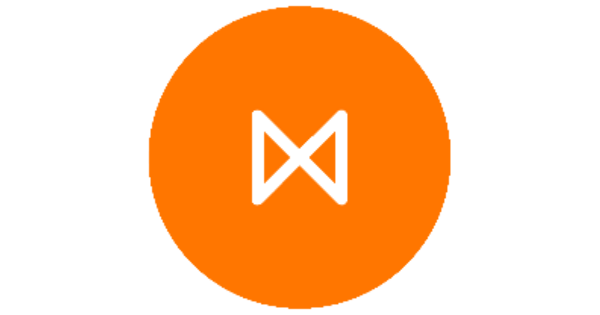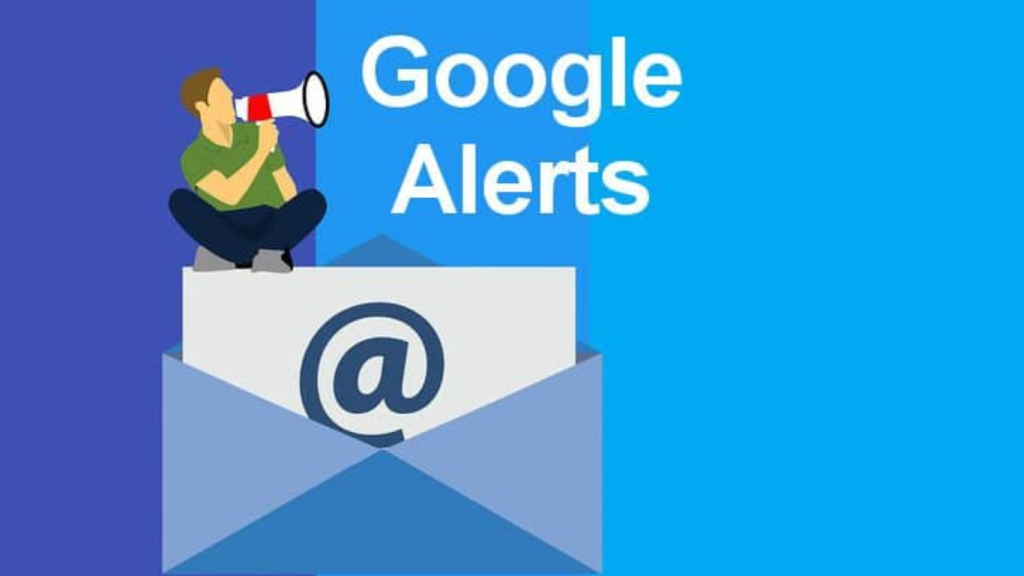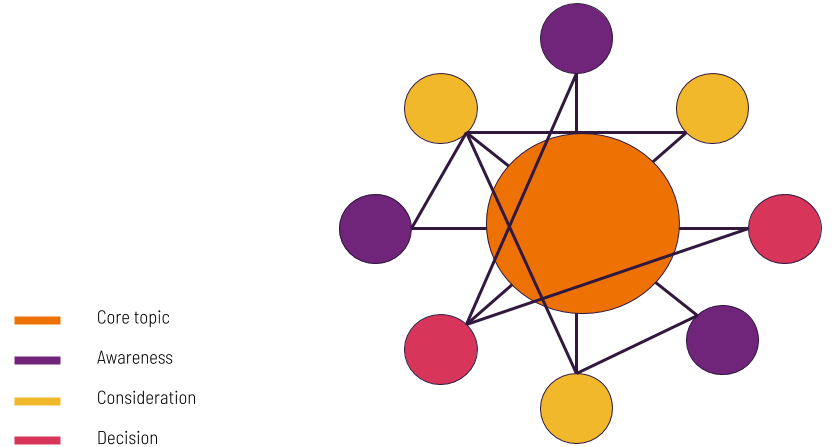Google Alerts is a free service that lets you monitor topics and get alerts that occur anywhere on the internet. It is a great tool for allowing you to monitor mentions around your brand, or pickup interesting articles and news on topics relevant to you.
The way the service works is to check through Google’s vast search database and report on mentions from that. This means that the data that comes through is recent. It is then delivered to you via email to your Gmail account – it requires you to have a Google account – or RSS (Really Simple Syndication). The latter is a service that you can integrate with Metigy to get even more valuable insights!
How can you use Google Alerts?

Setting up a Google Alert

- decide how often you want it
- use the only specific source (automatic will be all)
- if you want specific languages or regions in the results
- How many results you want – useful for common searches
- What you would like the result delivered to. Your Email or as an RSS?
Google Alert Tips and Tricks

- use the “-” (minus) symbol to exclude words such as “forum”.
- if you want to ensure an exact phrase match, wrap those words in speech marks. e.g. “Metigy AI”.









